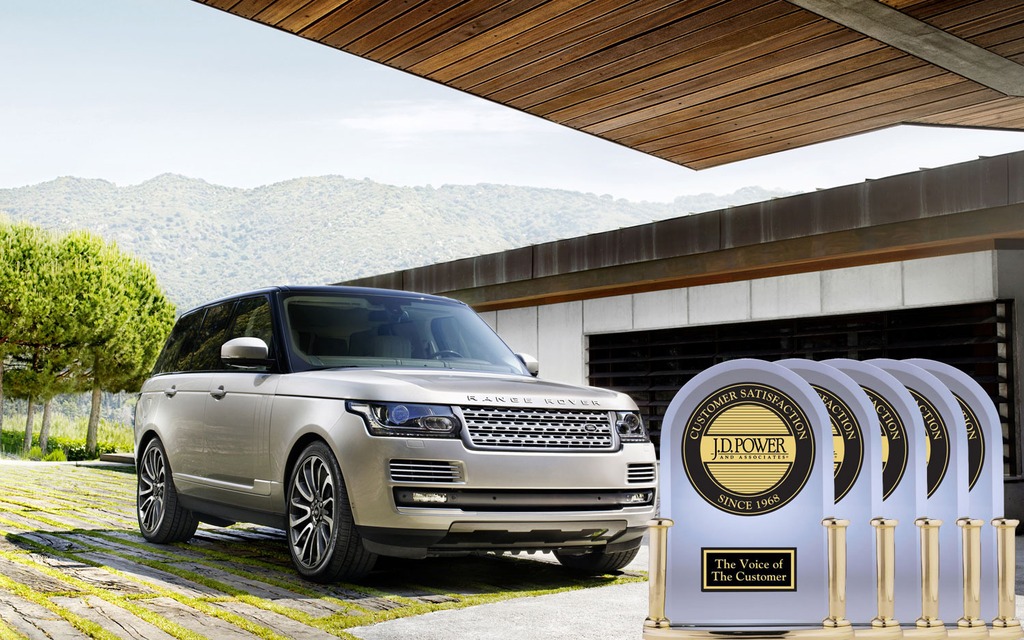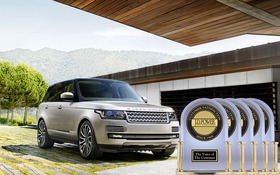J.D. Power Releases 2013 APEAL Study
J.D. Power & Associates has released its 2013 APEAL Study which ranks new-vehicle appeal among car buyers. The 18-year old survery is relied on heavily by automakers to gauge customer feedback about their vehicles. Read the press release and see the results below.
WESTLAKE VILLAGE, Calif.: 24 July 2013 -- The most appealing vehicles tend to remain on dealer lots for shorter periods, command higher transaction prices, and are more likely to create owner loyalty when they are ultimately traded-in, according to the J.D. Power 2013 U.S. Automotive Performance, Execution and Layout (APEAL) StudySM released today. The APEAL Study, which serves as the industry benchmark for new-vehicle appeal, has been completely redesigned for 2013. The study, now in its 18th year, has been updated to better measure the appeal of today's vehicles, particularly with respect to the new technologies and features now being offered. Owners evaluate their vehicle across 77 attributes, which roll up into an overall APEAL score on a 1,000-point scale.
The study finds that manufacturers are able to charge more for vehicles with higher APEAL. Owners of vehicles with an APEAL score of 100 points or higher than the segment average typically spend at least $1,800 more on their new vehicle than do owners of vehicles with a score of at least 100 points lower than the segment average.
Similarly, vehicles with APEAL scores at least 100 points higher than the segment average remain on dealer lots an average of three days less than vehicles with scores at least 100 points below the segment average.
"Appealing vehicles are simply good news for both consumers and automakers," said David Sargent, vice president of global automotive at J.D. Power. "Even within the same vehicle segment, consumers are willing to spend substantially more on vehicles that they find attractive, provide the performance and utility they are looking for and have well-executed interiors. These vehicles also sell more quickly."
Analyzing some of the results of previous years' studies highlights the impact of APEAL on customer loyalty. Nearly two-thirds (64%) of owners whose vehicle achieved an APEAL score at least 100 points above the segment average repurchase the same brand the next time they shop for a new vehicle, compared with just 55 percent of those whose vehicle scored at least 100 points below the segment average.
"One percentage point of loyalty is worth tens or even hundreds of millions of dollars to automakers," said Sargent. "These companies are fighting for every last customer, and it is clear that appealing products remain the key to achieving this."
2013 APEAL Ranking Highlights
Volkswagen Group receives the highest number of segment awards of all corporations included in the study for the Audi allroad, Porsche Boxster, Porsche Cayenne, Volkswagen GTI and Volkswagen Passat.
Chevrolet receives the highest number of segment awards of any brand for the Avalanche, Sonic and Volt models, all of which also received awards in 2012.
Ford and Nissan brands each receive two model awards: Ford, for the F-250/F-350 Super Duty and Mustang; Nissan, for the Armada and Murano.
Also receiving awards are the BMW 5 Series; Buick Encore; Dodge Charger; Fiat 500; Honda Odyssey; Kia Soul; Land Rover Range Rover; Lexus LS; Lincoln MKZ; Mazda CX-5; and Mercedes-Benz SL-Class.
The Land Rover Range Rover achieves the highest APEAL score of any model in the industry in 2013, which marks the first time a model outside the large premium car segment has done so.
Porsche is the highest-ranked nameplate for a ninth consecutive year. Ram is the highest-ranked non-premium nameplate.









